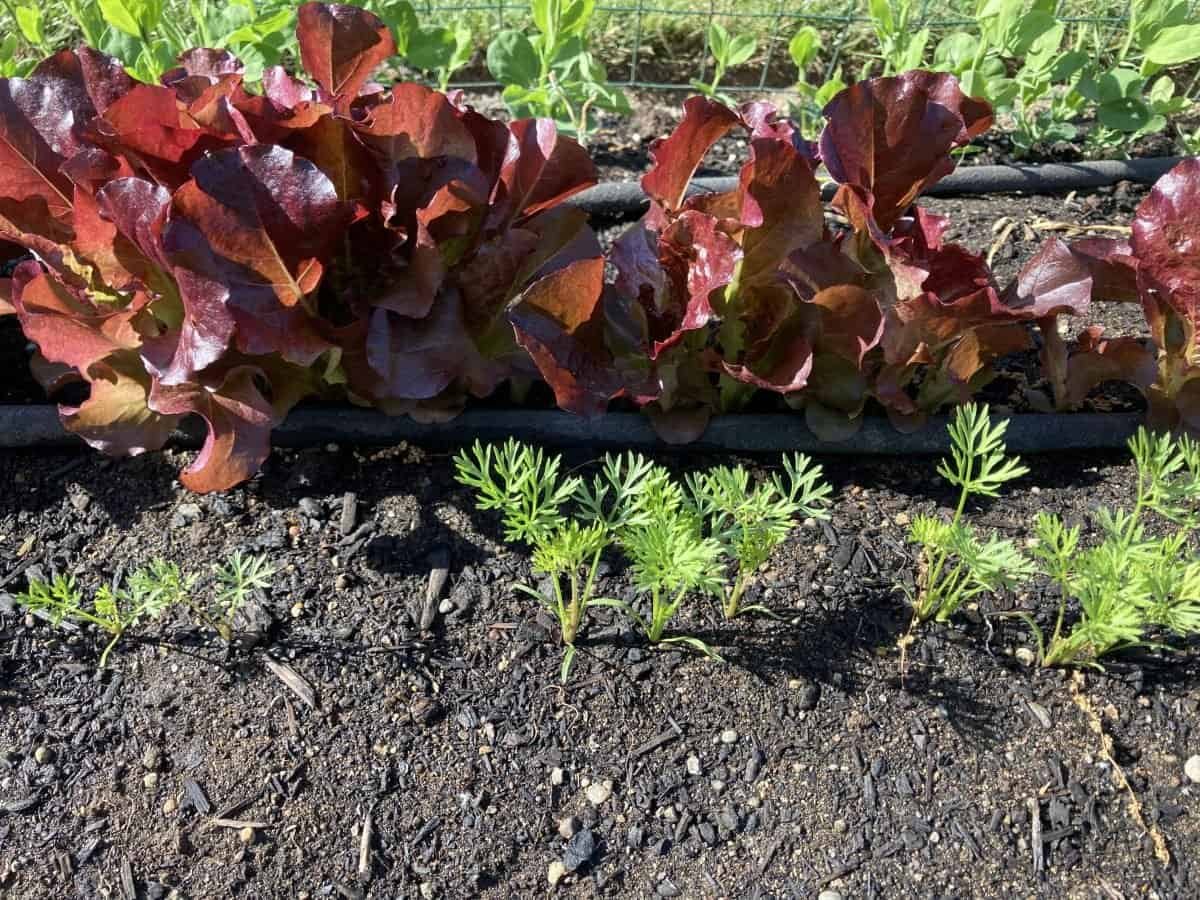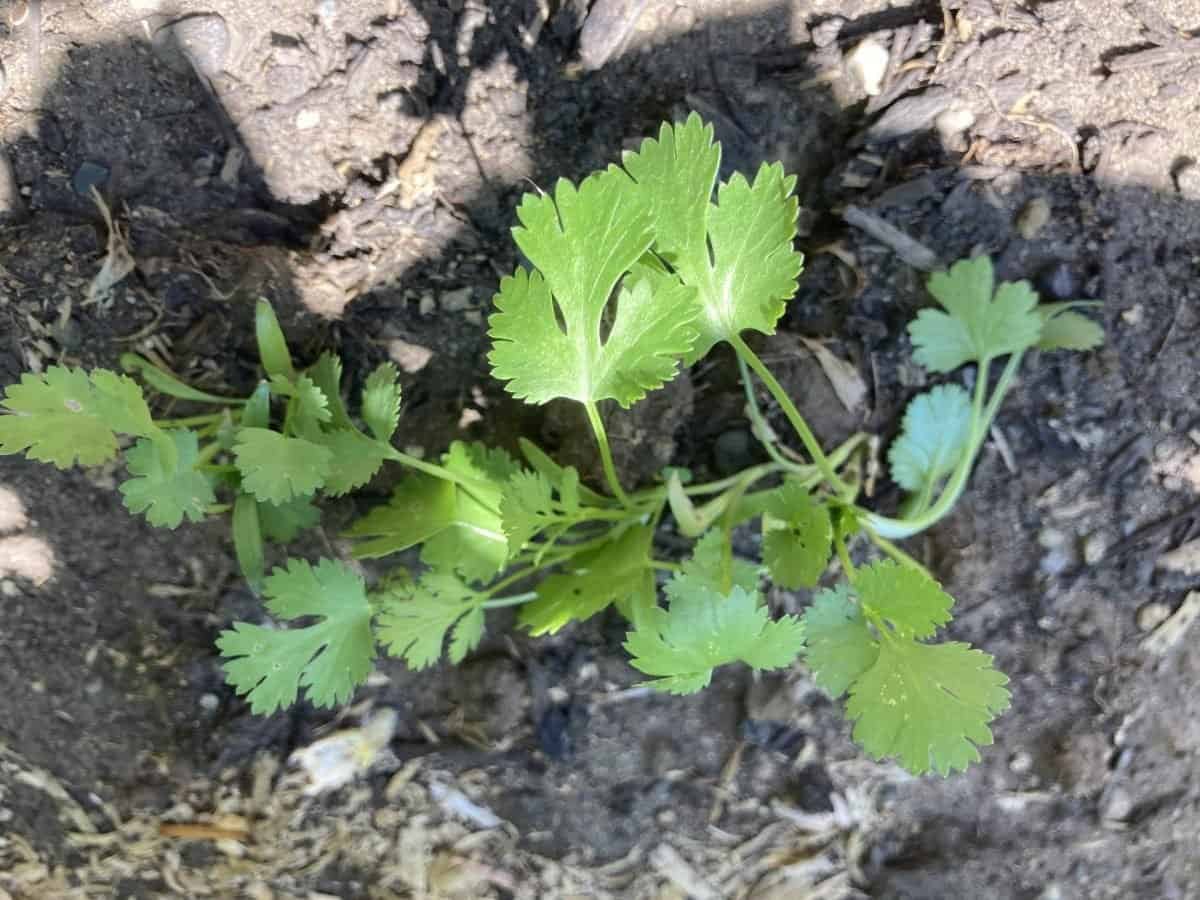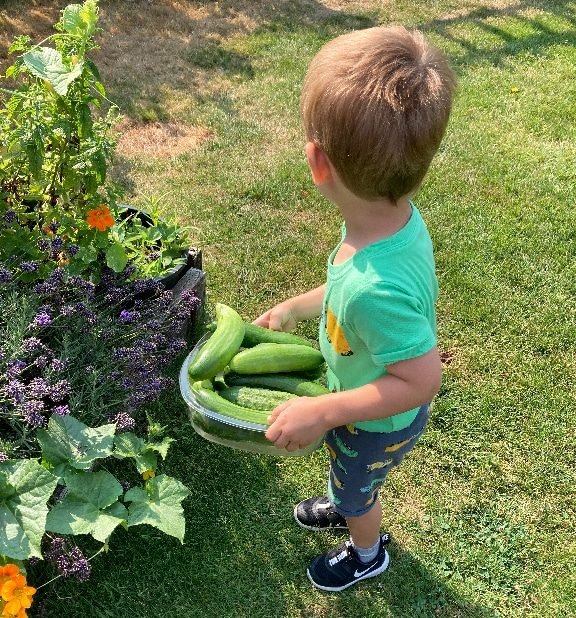Walnut trees especially Black Walnuts produce a high level of a chemical called Juglone which is a toxic chemical.
Black Walnut trees produce the highest levels of Juglone but English Walnut trees contain Juglone too. The roots, nut hulls, and buds contain the highest levels of Juglone but leaves also contain Juglone
The roots of Walnut trees spread the juglone far beyond the base of the tree and that is why it is so harmful to have Walnut trees planted anywhere near your garden.
Juglone can stunt and kill plants that are near Walnut trees.
It is critical to clean up any nut hulls, nuts, buds and leaves that are dropped by the tree to reduce the contamination of the soil around the Walnut trees and from run-off contaminating nearby plants.
The leaves of Walnut trees can be composted as long as you mix them with other leaves and it is good to add high-nitrogen items into the compost to offset the juglone from the Walnut leaves.
Nightshade plant family plants are most impacted negatively by Juglone, these include peppers, tomatoes, eggplant, potatoes, and asparagus. These plants can be severely stunted, or reduced production of fruit and even killed by Juglone.
Other plants can be impacted by Juglone that are beyond your vegetable garden plants. If you see plants that are near a Walnut trees that have yellowing leaves or are just not doing as well as you expected you might want to transplant it to another area further away from the Walnut trees.
I hope that this information has helped understand the impact of Walnut trees and the Juglone they produce.
Now that you know why Walnut trees should not be planted near gardens you can get started growing your garden.




